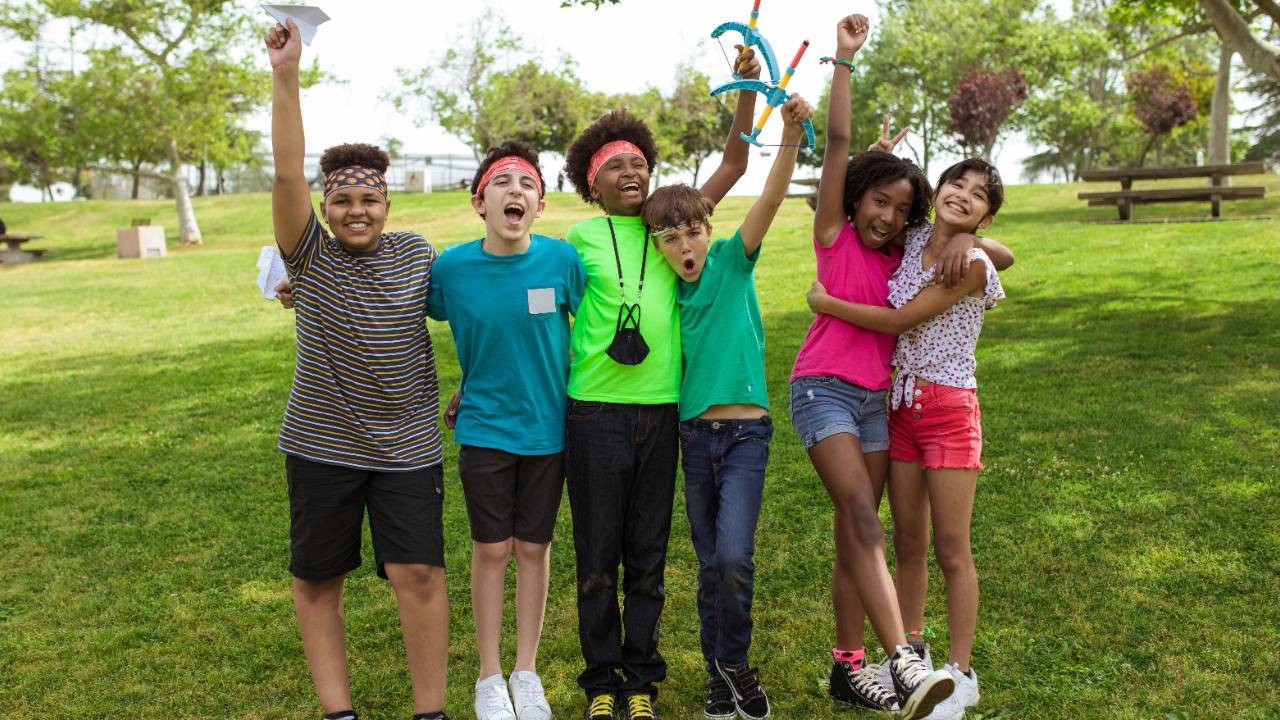Peer Interaction Helps Gifted Kids Learn and Grow
Jul 19, 2025
The Benefits of Peer Interactions in Cognitive Development
How friendships support learning and growth in gifted and talented children
For gifted and talented students, learning isn’t just fast; it’s layered, intense, and full of questions. But learning doesn’t just happen from books or teachers. One of the best tools for learning is something simple: spending time with other kids. Peer interactions help gifted children grow in ways that adults can’t always provide. Here's how.
Peer Time Builds Strong Problem-Solving Skills
Gifted and talented students are natural problem-solvers. But when they work through challenges with peers, they learn new ways to think. Kids bring different ideas to the table. When gifted children explain their thoughts or hear a new strategy, they expand how they approach a problem.
Group projects, puzzles, or open-ended games are great for this. As they work through challenges together, gifted children learn to see multiple solutions and adapt their thinking. Research shows that when students collaborate, they become better at thinking flexibly and creatively.
Tip for parents: Try pairing your child with a peer on a STEM project, a board game, or a creative challenge. Watch how their thinking expands.
Talking With Peers Boosts Language and Social Thinking
Gifted and talented children often have large vocabulary and complex thoughts. But that doesn’t always mean they’re skilled at everyday conversation. Peer communication helps with this.
When kids talk with others their age, they practice listening, taking turns in conversation, and adjusting their language for different situations. These are social thinking skills, and they matter just as much as academic knowledge.
In fact, studies show that children who engage in frequent peer conversations show stronger development in both expressive and receptive language. For gifted kids, who often live in their heads, peer communication builds important bridges to the world around them.
Try this at home: Encourage group discussions around fun topics. Book clubs, debate nights, or just a chat over snacks can all help.
Playtime Teaches Cooperation, Sharing, and Turn-Taking
It might look like just play, but there’s serious learning going on. Through play, gifted and talented children learn how to share space, negotiate roles, and follow group rules. These are not always easy for kids who prefer structure or want things their way.
Turn-taking and compromise are skills that help in every part of life. Children learn these best with peers, not adults, because peers push back. Gifted kids need that push. It teaches them patience, perspective, and how to handle disagreement.
Watch for moments: Board games, pretend play, and sports are great settings to grow these skills.
What the Research Says
Studies have confirmed what many educators already see: peer interaction is a key part of cognitive development. One well-known study by psychologist Lev Vygotsky emphasized the Zone of Proximal Development. It’s the idea that children learn best with support from others who are just a little more advanced. In peer settings, this happens naturally.
Another study published in Child Development found that children who engaged in cooperative play and peer discussion showed improved performance in math and reasoning tasks over time.
Gifted and talented children need intellectual challenge, yes. But they also need connection. Their peers help them stretch, reflect, and grow in new directions.
Final Thoughts
Gifted children may feel different from their peers. That’s why peer interaction needs to be intentional. When gifted and talented students connect with like-minded peers, they gain more than friendship. They gain a powerful boost to their cognitive, social, and emotional development.
Looking for more ways to support your gifted child?
The School Sync Framework is built to help families create meaningful, aligned support for gifted and talented students, including finding the right peer groups and enrichment paths.
Want to dive deeper into this topic? Join The Compass Method and you’ll get a clear, step-by-step plan to confidently advocate for the school support your gifted child needs and deserves.